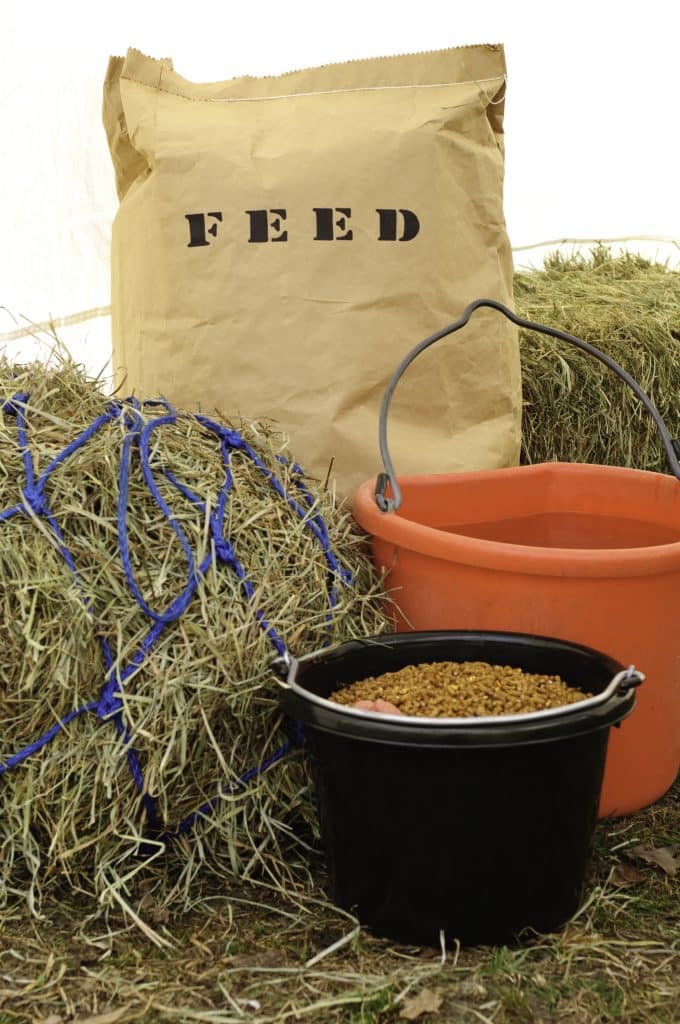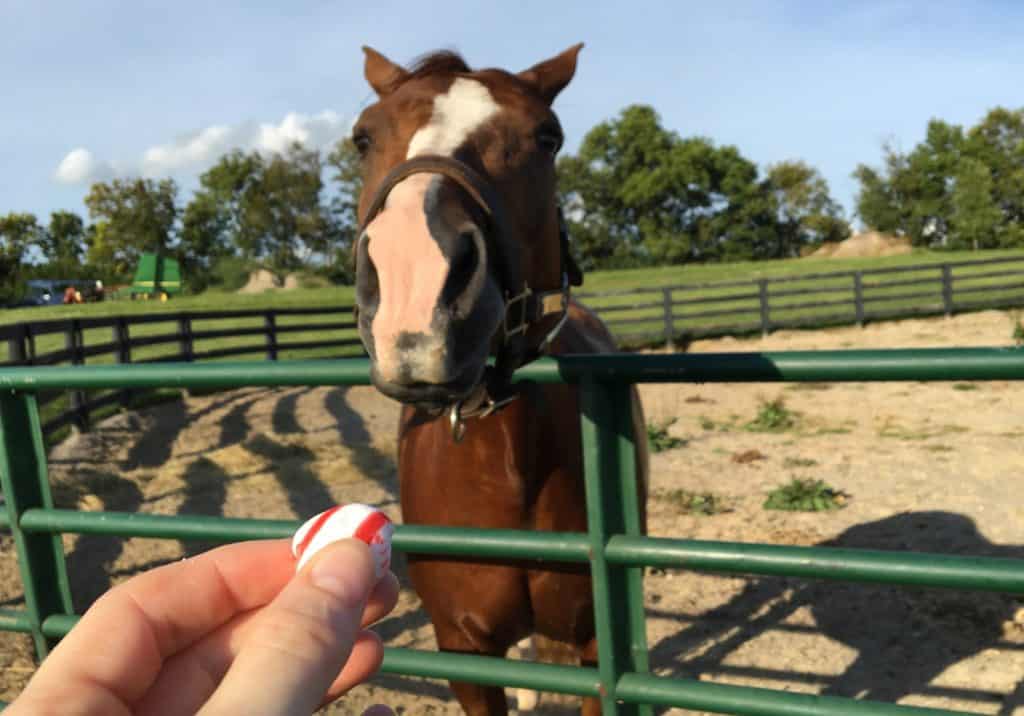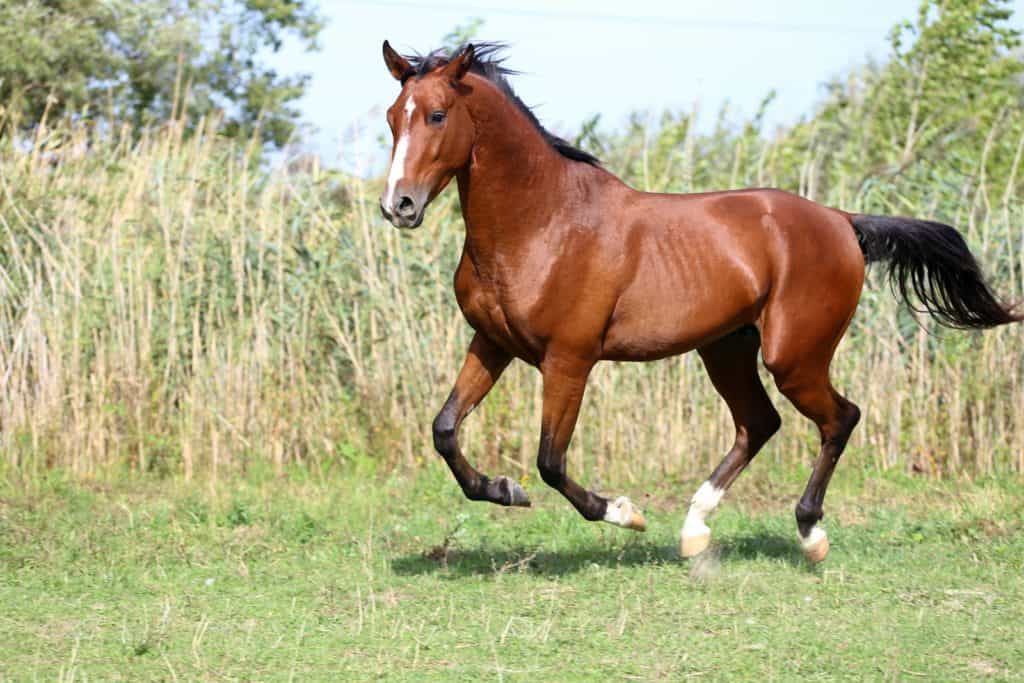
Nutrition and Recovery for Eventing (and Other Hard-Working) Horses
Restoring muscle glycogen, rehydrating, and ensuring a horse’s diet offers enough vitamin E all help with recovery after strenuous exercise.

Restoring muscle glycogen, rehydrating, and ensuring a horse’s diet offers enough vitamin E all help with recovery after strenuous exercise.

Grass sugar content fluctuates with the time of day, season, and weather. Timing turnout for horses with EMS, IR, or a history of laminitis can help prevent problems.

Equine metabolic syndrome (EMS) is a metabolic disorder in horses that can cause obesity, insulin dysregulation, and laminitis. Sponsored by Equithrive.

One reader wants to know how she can manage her metabolic horse that is also prone to gastric ulcers. Here’s what she should consider.

Horses with EMS are often overweight or obese and also at an increased risk of developing laminitis. Implement these 5 strategies to manage your EMS horse more effectively.

An equine nutritionist explains how to address common nutrition challenges when feeding horses with the dental condition EOTRH, before and after surgery.

Overweight horses and some breeds are predisposed to metabolic problems. Here’s how to feed horses with ID and calculate if your horse’s meal has a safe level of NSCs.

A nutrition expert offers advice on preventing weight gain and boredom while a hefty horse is on stall rest.

An equine nutritionist breaks down nutrition terms and acronyms, including NSC, WSC, and ESC. Understanding these concepts can help you manage horses with metabolic problems.

Does your otherwise healthy horse have trouble keeping pounds on? Here are 5 tips to consider when feeding the mature, healthy hard keeper.

An owner asks for help feeding her mare who needs to gain weight but is proving to be a picky eater. An equine nutritionist shares some advice.

Follow these 5 tips for feeding horses with recurrent colic while awaiting a diagnosis or targeted treatment.

As you consider ways you can help your foal—and his dam—through the weaning process, examine methods based on research.

Discover safe, low-sugar treat options for laminitic horses to satisfy your inclination to give them treats while preventing future episodes.

An equine nutritionist explains how horses use dietary fats for energy and why some metabolic horses might need additional fat sources.

Don’t balk at the S-word on the feed label. It might be just what your adult horse needs.
Stay on top of the most recent Horse Health news with
"*" indicates required fields